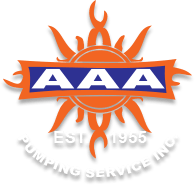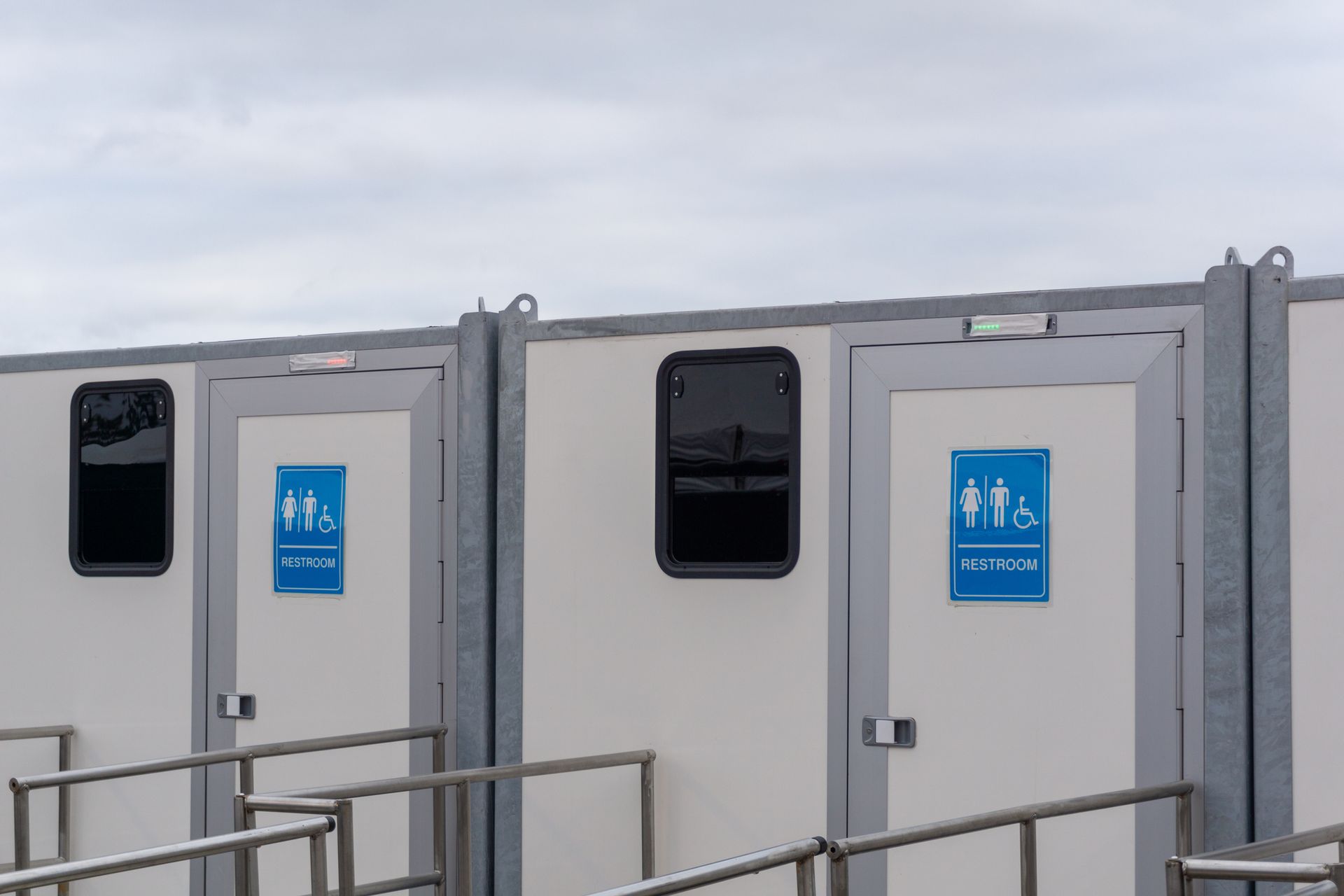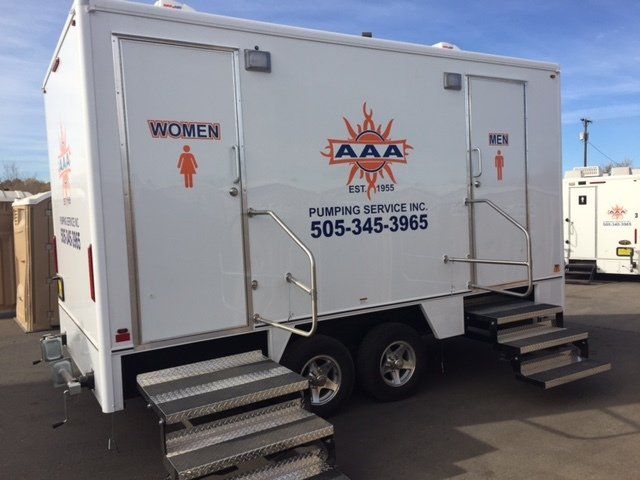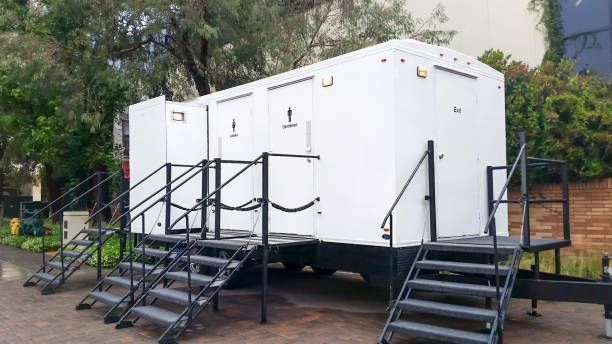Factors to Consider When Installing a New Septic System

The septic system is an integral part of many American homes. This system enables homeowners to dispose of sewage in a safe and convenient manner.
However, septic systems require detailed planning regardless of whether you install a new system or replace an old one. You have to consider many factors that can make a big difference in how well the system functions.
Below are some considerations to know before installing a septic tank.
Regulations
Before installing a septic tank, you need permission to build it and approval to use it. Improper installation and waste treatment procedures can negatively impact underground water quality and pose a health risk.
Government regulation of septic tanks occurs through licensing. You will usually need a permit from your state or municipal government.
Construction or installation without approval could be an offense. Therefore, whenever you embark on a big project, such as installing a septic system, ensure that your project adheres to the laws and regulations in your area.
Type
Various types of septic tanks are available thanks to technology. In general, the differences stem from the material for their construction and the treatment method to treat wastewater.
Most septic systems consist of a septic tank and a drainage system that removes and treats wastewater in the soil. Among the many types of septic systems are:
- Conventional system
- Mound system
- Cluster system
- Aerobic treatment unit
- Sand filter system
- Evapotranspiration system
A professional can assist you in understanding the primary differences between every tank design, even if you don't understand the technical aspects.
Landscaping
Choosing the right area will determine how the sewer will handle runoff water and flooding during heavy rains.
Ideally, the terrain should be flat and not sloppy to avoid runoff losses. Furthermore, the flat surface ensures that the drainfield performs properly, as the surface will distribute treated water into the surrounding ecosystem.
Also, the setting of your yard determines where to install the new septic system. Ideally, you shouldn't place the tank near buildings, trees, or any other significant obstruction. The obstructions could prevent the system from functioning properly and damage sewer lines. The septic tank should be at least five feet away from the house.
Size
Choosing the right septic system for your property is all about size. The size considers the dimensions of the drainfield and septic tank.
A suitable septic tank should be large enough to accommodate current and future water usage. In the case of a large household, a small septic tank can contribute to drainage problems. In contrast, installing an oversized septic tank can be expensive.
Keep in mind that local authorities may restrict the size of your septic system. Let your septic tank installation professional handle tank size considerations if you want to be safe.
Soil Features
Besides determining the size of your leach drain and where you will install your whole system, the soil also affects the efficacy of the entire system.
The soil on your property is ideal for absorbing liquid from your septic tank. Soil is a natural filter that removes pollutants from wastewater.
Undisturbed sandy soil has the highest absorption capacity. Soils with a high clay content largely prevent water from passing through. In addition, steer clear of soils with coarse gravel and rising water tables. If you want to find out what the nature of your soil is, conduct a percolation test.
Installing your house's septic system can be a challenging task. The planning process requires hands-on involvement as well as knowledge of the subject.
Also, seek professional help when installing your system. Licensed septic tank installers have the necessary experience and training to ensure a safe and hazard-free installation. Call us today for more information about septic tank installation, replacement, or repair.







